Posted on January 13, 2023 by College of Sciences
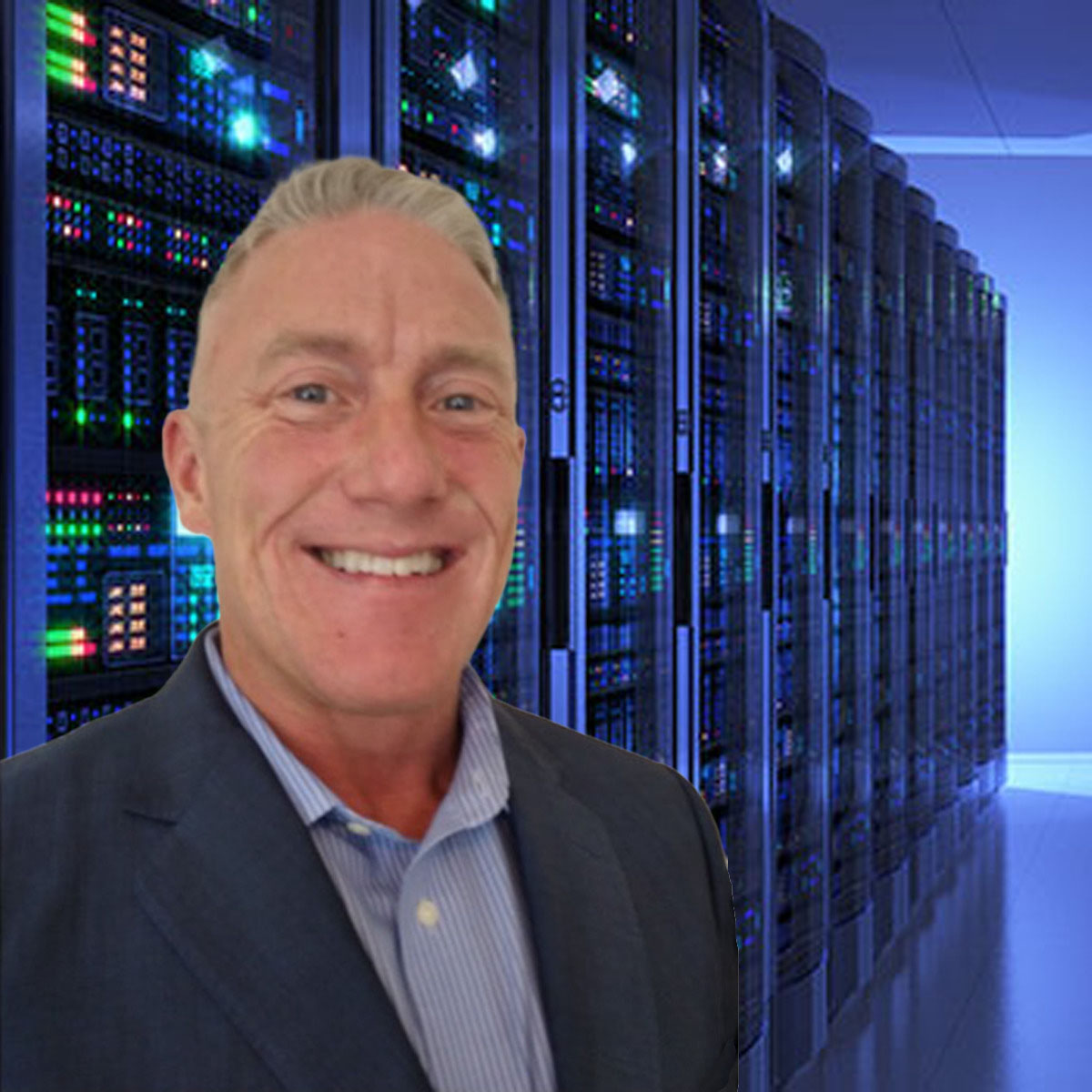
Benjamin Anderson, M.S., Department of Computer Science
What did your journey to UTSA look like and are you fixed-term track or tenure track?
I am FTT. I got my B.Sc. in Computer Science from Iowa State University, and worked for three years as a Senior Software Engineer at Motorola, Inc. I then returned to Iowa State University and got my Masters in Computer Engineering and Information Assurance (Double Major).
After Iowa State, I went to Sandia National Laboratories in Albuquerque, NM, where I was a team lead for the Information Design Assurance Red Team (IDART) and then their Cooperative Adversarial Security Assessments (CASA) team.
I moved to San Antonio in July 2021 since Sandia has partnership with UTSA through the NSCC. In January 2022, I jumped over to UTSA as an Associate Professor of Practice. In addition to teaching Cyber Security classes, I also coach our cybersecurity competition teams.
What do you enjoy most about your area of study?
I enjoy cybersecurity for two main reasons: 1) It is always changing. New technologies – and new attacks – come out every day, so there is always something new to discover. 2) It has a huge impact on everyday life. Almost everyone is online in some way - whether it is social media, online shopping, or even using Google Maps – the importance of protecting that information is high. In addition, many things require computers and networks to function. We wouldn't be able to buy groceries at H-E-B without a huge technology infrastructure that can look up an item, find the price, and take payment. That doesn't include the huge technical infrastructure that is involved in tracking inventory, ordering items, and making sure the right items are on a truck for delivery to a store.
What are some of the most notable research projects that you've been involved in?
I am still getting my feet under me when it comes to research at UTSA, however I was part of many different projects during my time at Sandia. Some notable research projects include the following:
- Electric Vehicle Charging: Researching the cybersecurity vulnerabilities related to EV charging – vehicle, charger, and cloud systems – and identifying risks to operations and the power grid.
- New Jersey Transit: NJT was given a grant to create an electrical microgrid that will allow trains in the New York City and New Jersey region to continue operating in the event of a widespread outage such as that caused by Superstorm Sandy. The goal for my research team was to discover potential vulnerabilities from the system design and develop solutions that could be integrated into the system as it was built.
Tell us about the recent cyber security competition that you were a coach in. What happened and how did you contribute to the event?
I like to say that I have one of the easiest roles at UTSA because the students are so dedicated to preparing for the competition. I give them some guidance on things to look at, point them at some resources, and then make sure they stay on track with their preparations.
I also make sure to work with them on managing their performance, both individually and as a team. This means making sure they are watching out for each other and working as a team. This includes watching each other to make sure everyone is taking breaks and not getting overwhelmed by the high-stress, and fast-paced competition environment. It also means that they work together, understand mistakes will happen, but they need to work through the issues and fix them instead of blaming someone for making a mistake.
For most competitions, the coach is not allowed contact with their students – this prevents faculty from being "too helpful" during the competition. So, once the competition starts, the coaches are usually put in a separate area. Which makes for a great collaboration opportunity. For this past competition I was also responsible for getting the pizza from the front desk to the students since they were working on their assessment report late into the night.
What is your proudest moment with the COS?
Seeing the students working as a team during the competitions.
What do you enjoy most about your job?
I like working with students – helping them learn and providing guidance as they prepare for their professional careers.
How would you spend your ideal Saturday?
After a workout and some reading, getting outside and enjoying the great outdoors. Texas has a lot of great parks with a lot to do and see.
What are your book recommendations?
Any. Given the sheer amount of media that we consume – directly or indirectly – I think there is value in sitting down and reading any book whether it is related to technology, history, philosophy, or just a really good novel.
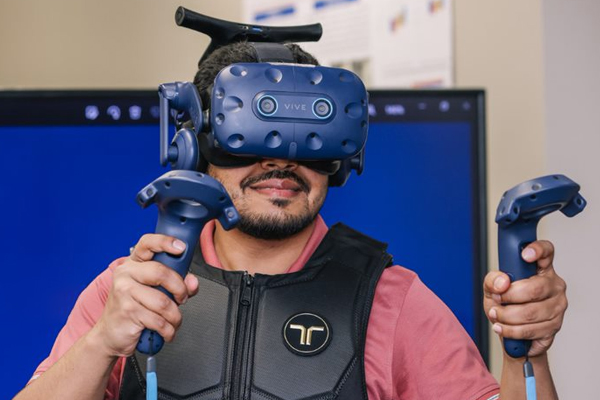
Explore the Computer Science Department!
Effective September 1, 2025, the Department of Computer Science was relocated to the College of AI, Cyber and Computing.
Recent Computer Science Spotlights
View More Spotlights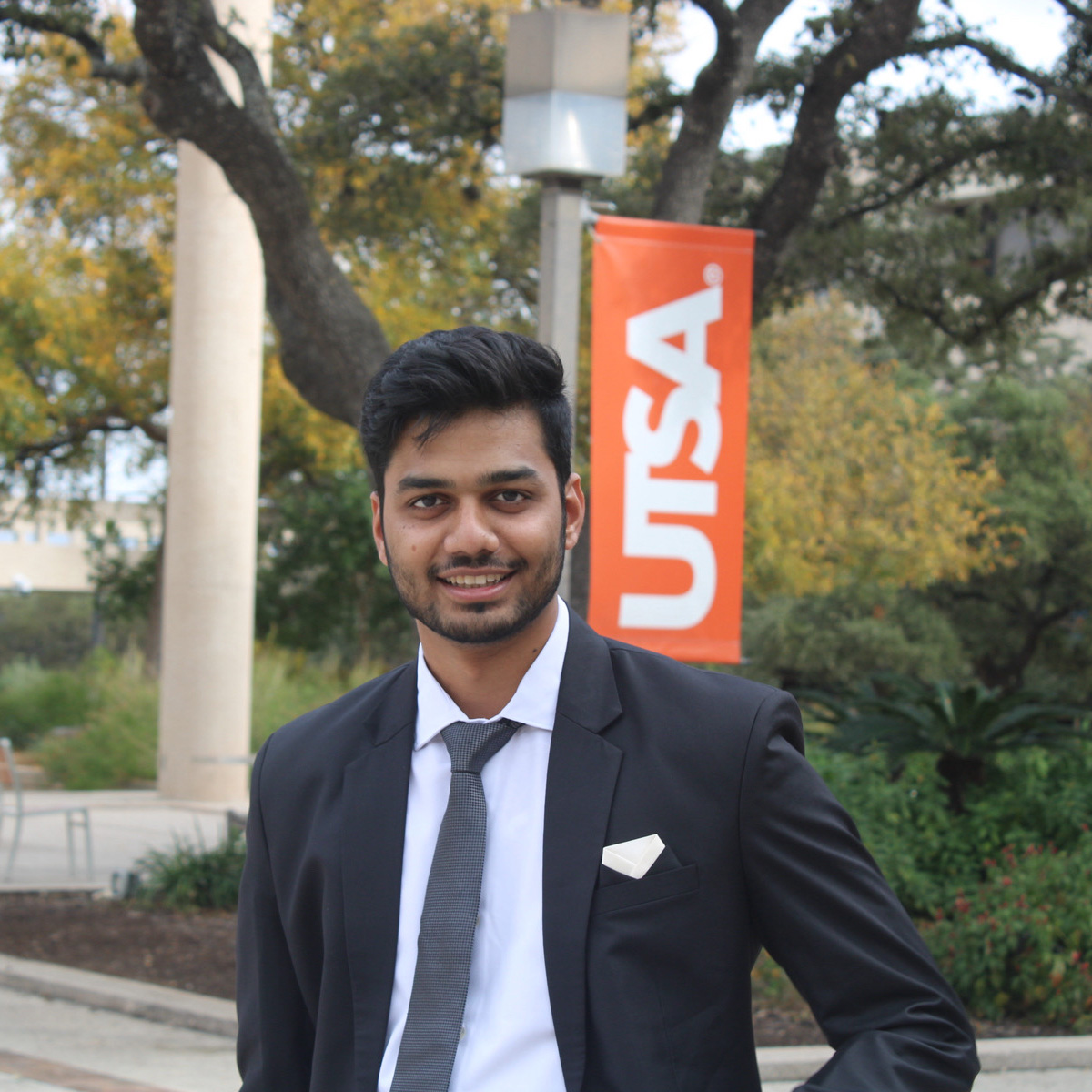
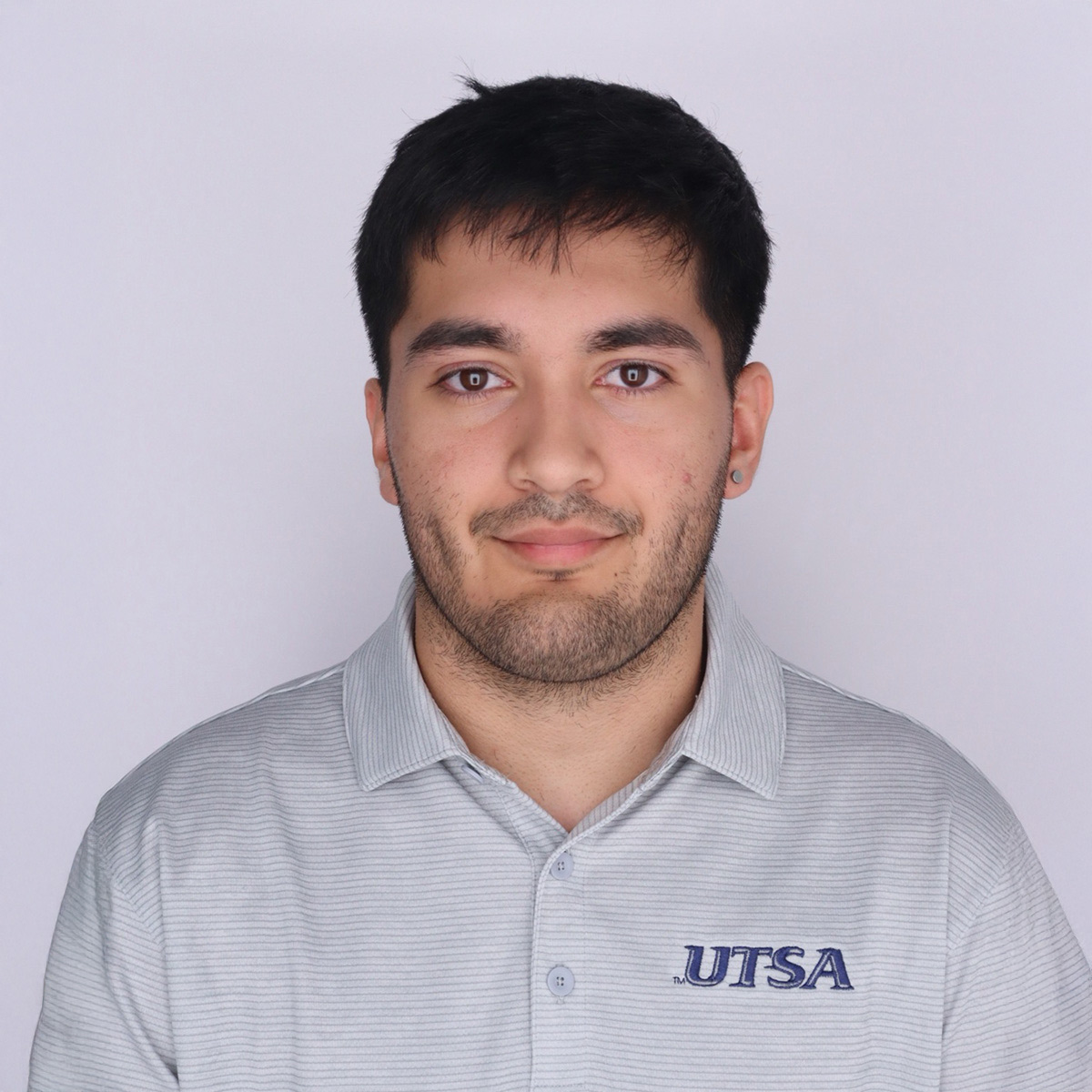
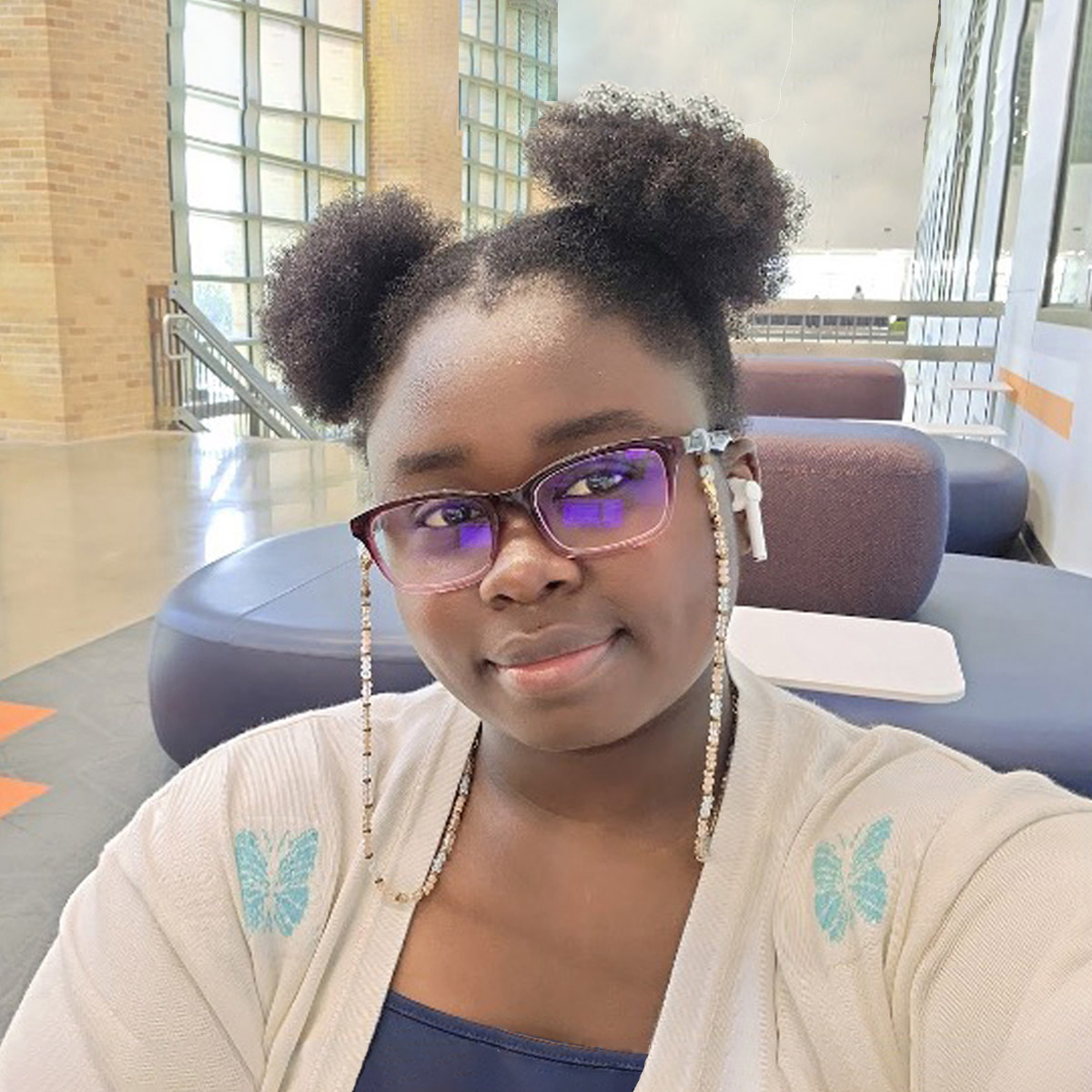
May 3, 2024
Retrouvailles ManishimwePublished by College of Sciences
#ThisIsWhatAScientistLooksLike

